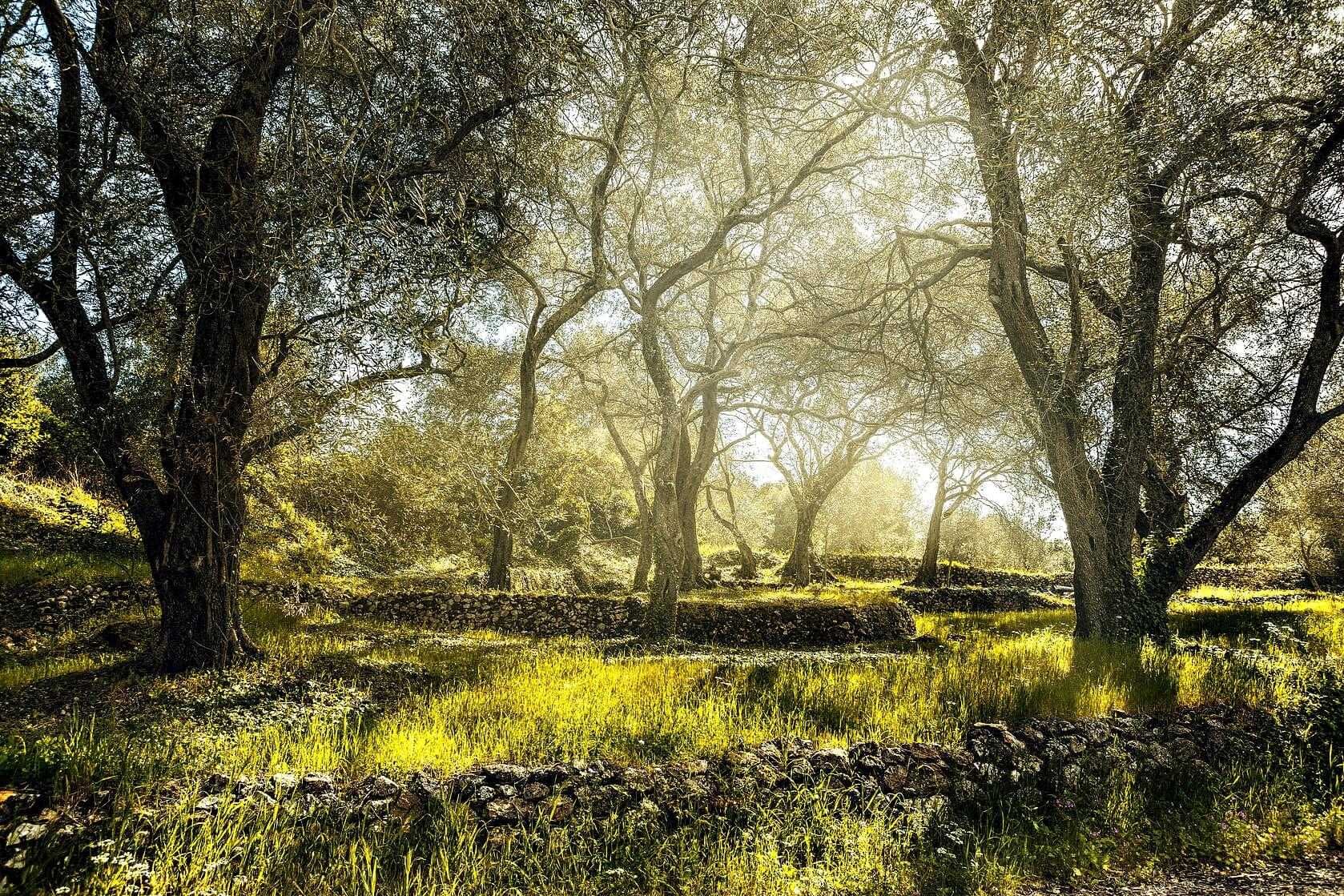New Olive Growing Models Would Promote Biodiversity in Olive Groves
José Eugenio Gutiérrez and his collaborators want to create a biodiversity certification for table olives and olive oils.
A new project in Spain aims to reintroduce biodiversity into olive groves across the European Union.
Environmental scientists and olive growers hope to devise an olive growing model and certification that produces high quality oils, but also does not damage the natural ecosystem.
There are only very few ways to save our crops, and all of them depend on biodiversity.
In Spain, monocropping of olive groves began in the late 1980s when the Common Agricultural Process came into effect. The policy called for the intensifying cultivation of these cash crops by eliminating everything that was not olive trees. This included the liberal application of insecticides and herbicides without regard to the later consequences of these actions.
“The popular saying ‘every little owl to its olive tree’ has become ‘every little owl to its olive grove,’ ” said José Eugenio Gutiérrez, a biologist from the University of Jaén and coordinator of the Olive Alive Project. “This process has taken an enormous environmental toll, causing the loss of a good part of the biodiversity of the olive grove and causing extensive degradation of its ecosystem services.”
Gutiérrez and his collaborators want to create the certification for table olives and olive oils. Think something like fair trade labels on bananas or coffee, but for biodiversity.
This concern with biodiversity comes at an uncertain time for mass-production agriculture. According to Rob Dunn, a professor of applied ecology at North Carolina State University, the way in which agriculture — including olive tree cultivation — has been simplified has put many crops at risk of extinction from evolving pathogens.
“Nearly every crop in the world has undergone a very similar history: domesticated in one region, then moved to another region, where it could escape its pests and pathogens,” Dunn wrote in his new book, Never Out Of Season. “But these pests and pathogens, in our global world of airplane flights and boat trips, are catching up.”
Olives are one of these crops that are now at risk. Xylella fastidiosa outbreaks have been reported in northern Italy, southern France, Corsica and the Balearic Islands. Increasing biodiversity in olive groves is the best way to mitigate the effects of these diseases.
“Once they do catch up, there are only very few ways to save our crops, and all of them depend on biodiversity, whether in the wild or among traditional crop varieties,” Dunn wrote.
The Olive Alive Project plans to create a “humanized forest” by using olive trees, which are an appropriate keystone species for renewing biodiversity in the region. They are a permanent forest crop, native to the Mediterranean and create a natural environment for numerous other species.

“(Biodiversity of olive groves) will be achieved by managing the herbaceous cover that are proven not to diminish the productivity of the olive grove,” Gutiérrez said. “And restoring the unproductive (forest) zones, such as borders, banks or roads, that were destroyed or abandoned.”
These zones will be restored by growing native shrubs, building nesting boxes for birds and other wildlife as well as digging ponds. Then native species can be reintroduced to the areas where Gutiérrez believes they would thrive.
Gutiérrez said that this new certification will give an added value to the resulting olive oils, which he believes European consumers are looking for.
“There are more and more people, especially in Europe, who are willing to do something to conserve the environment,” he said. “(We seek) to design the best strategy so that this oil has its niche in the market and the consumer knows how to value it.”








